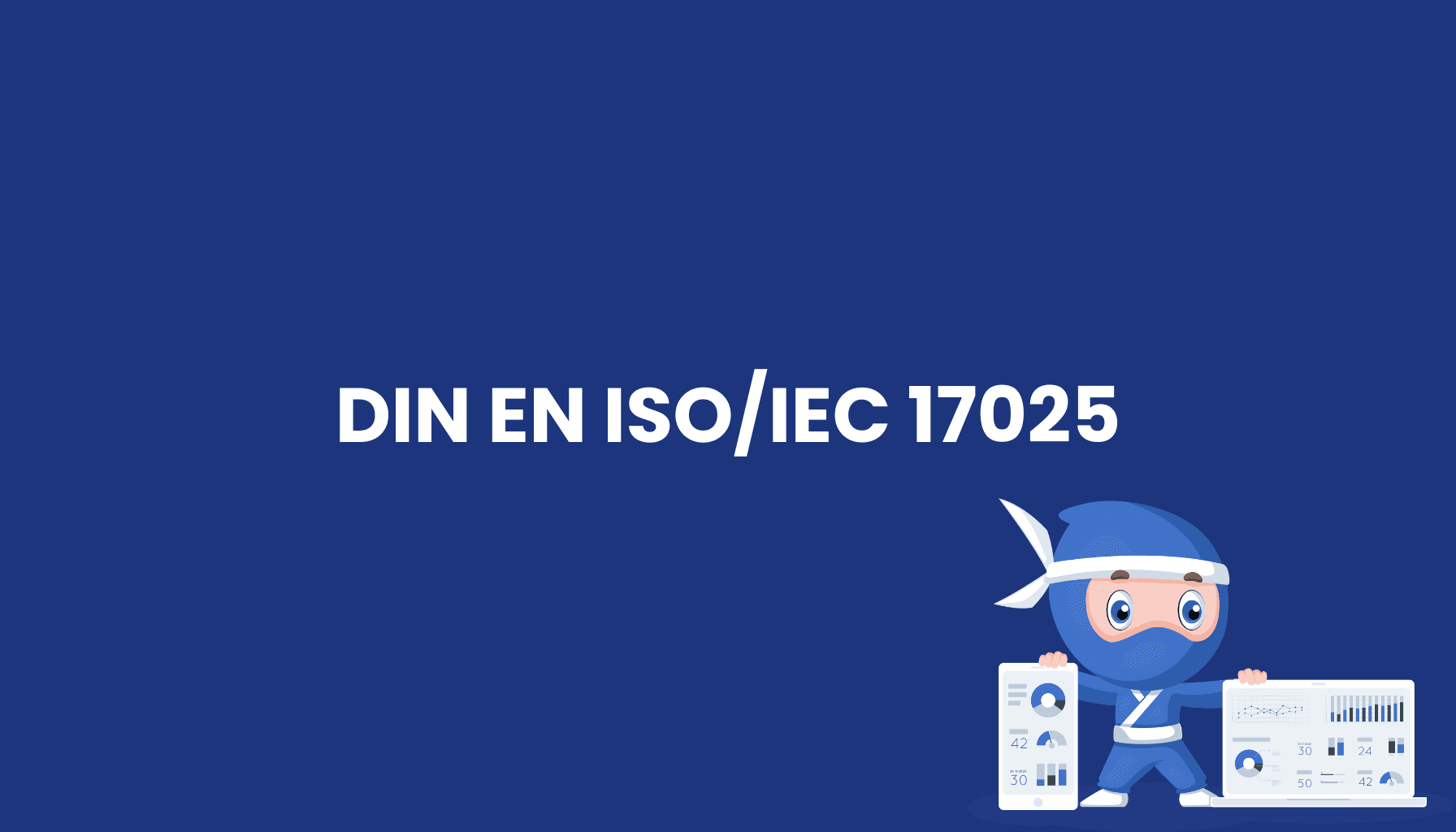Life Cycle Assessment (LCA)
-1.png)
What is Life Cycle Assessment (LCA)? Definition and Importance
Life Cycle Assessment (LCA) is a method used to assess the environmental impacts of a product throughout its entire lifecycle. This evaluation covers all stages, from raw material extraction through production, use, and ultimately disposal. LCA provides a comprehensive view of a product's ecological footprint, helping companies make more sustainable decisions.
Key Features of Life Cycle Assessment
-
Environmental Assessment: LCA analyzes the environmental impact across the product's life stages, including energy consumption, CO2 emissions, and resource depletion.
-
Lifecycle Stages: By considering all phases of the product lifecycle—from material extraction to disposal—LCA provides a complete environmental overview.
-
Sustainability: LCA supports the development of sustainable products by identifying areas where environmental impacts can be minimized.
Benefits of Life Cycle Assessment
-
Environmental Awareness: Businesses and consumers can base their decisions on well-informed insights into environmental impact, increasing environmental consciousness.
-
Sustainability: LCA promotes sustainable product development and helps optimize business processes to reduce environmental burdens and conserve resources.
-
Transparency: LCA offers a transparent view of a product's environmental footprint, which can be used both for internal process optimization and for marketing purposes.
Applications of LCA
LCA is widely used in industries such as manufacturing and energy to make products more environmentally friendly. Companies use LCA to optimize their raw material usage, make production processes more eco-friendly, and develop sustainable disposal strategies.



-1.png)

-1.png)